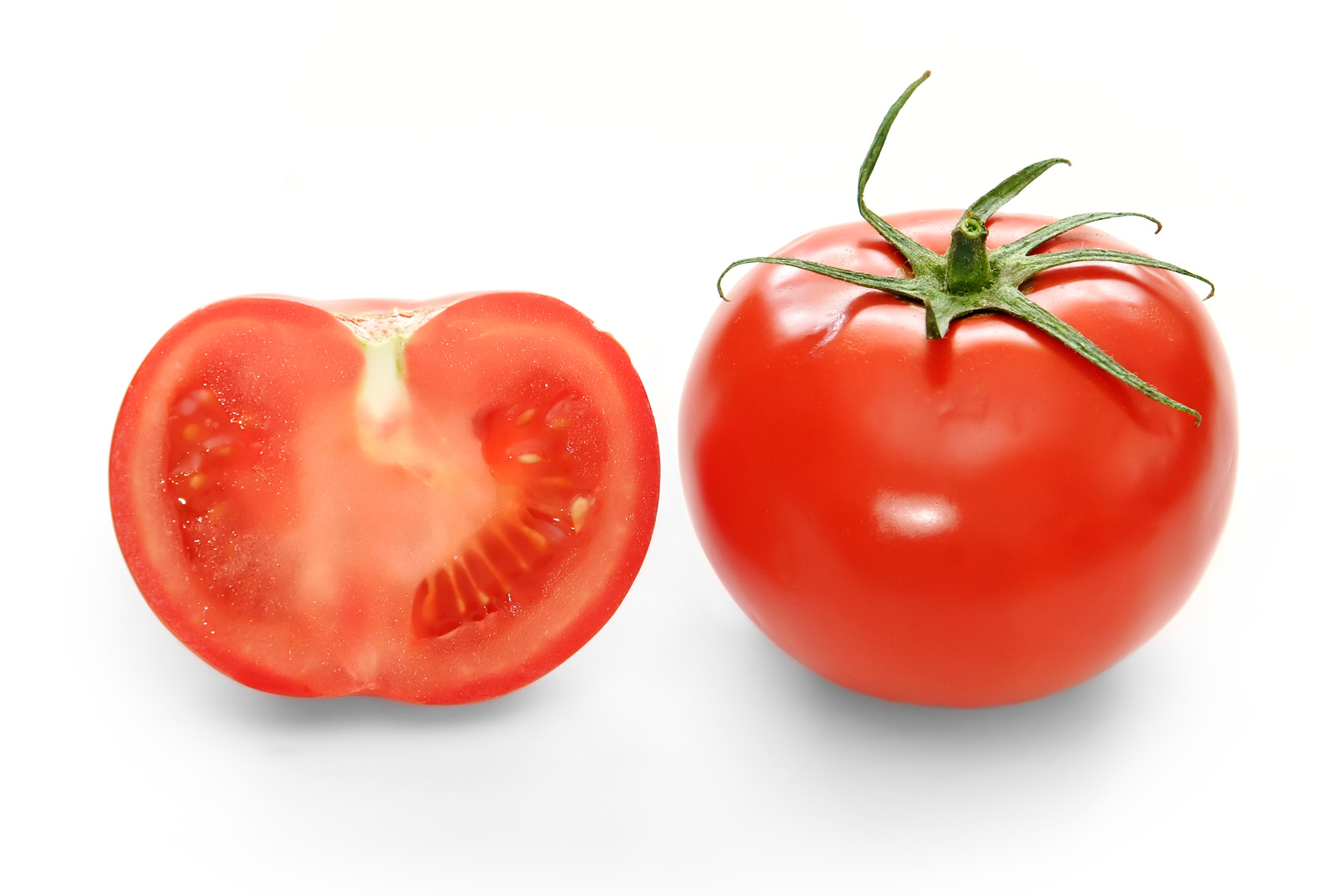 Botanically, a tomato is a fruit.
Botanically, a tomato is a fruit. However, in common parlance it
is a vegetable; hence the United
States Supreme Court ruled that
a tomato is a vegetable for the
purposes of the customs
regulations.
From Wikipedia, the free encyclopedia
Nix v. Hedden, 149 U.S. 304 (1893), was a decision by the Supreme Court of the United States that, under U.S. customs regulations, the tomato should be classified as a vegetable rather than a fruit. The Court's unanimous opinion held that the Tariff Act of 1883 used the ordinary meaning of the words "fruit" and "vegetable," instead of the technical botanical meaning.
John Nix founded the John Nix & Co. fruit commission in New York City in 1839. The company became one of the largest sellers of produce in New York City at the time, and was one of the first companies to ship produce from Virginia, Florida, and Bermuda to New York.
In 1883, President Chester A. Arthur signed the Tariff Act of March 3, 1883, requiring a tax to be paid on imported vegetables, but not fruit. The John Nix & Co. company filed a suit against Edward L. Hedden, Collector of the Port of New York, to recover back duties paid under protest. They argued against the tariff by pointing out that, botanically, a tomato is a fruit due to its seed-bearing structure growing from the flowering part of a plant.
At the trial, the plaintiffs' counsel entered into evidence definitions of the words "fruit" and "vegetables" from Webster's Dictionary, Worcester's Dictionary, and the Imperial Dictionary. They called two witnesses, who had been in the business of selling fruit and vegetables for 30 years, and asked them, after hearing these definitions, to say whether these words had "any special meaning in trade or commerce, different from those read."
During testimony, one witness testified that in regard to the dictionary definition:
[the dictionary] does not classify all things there, but they are correct as far as they go. It does not take all kinds of fruit or vegetables; it takes a portion of them. I think the words 'fruit' and 'vegetable' have the same meaning in trade today that they had on March 1, 1883. I understand that the term 'fruit' is applied in trade only to such plants or parts of plants as contain the seeds. There are more vegetables than those in the enumeration given in Webster's Dictionary under the term 'vegetable,' as 'cabbage, cauliflower, turnips, potatoes, peas, beans, and the like,' probably covered by the words 'and the like'
Another witness testified that "I don't think the term 'fruit' or the term 'vegetables' had, in March 1883, and prior thereto, any special meaning in trade and commerce in this country different from that which I have read here from the dictionaries."
Both the plaintiffs' counsel and the defendant's counsel made use of the dictionaries. The plaintiffs' counsel read in evidence from the same dictionaries the definitions of the word tomato, while the defendant's counsel then read in evidence from Webster's Dictionary the definitions of the words pea, eggplant, cucumber, squash, and pepper. Countering this, the plaintiff then read in evidence from Webster's and Worcester's dictionaries the definitions of potato, turnip, parsnip, cauliflower, cabbage, carrot and bean.
 Botanically, a tomato is a fruit.
Botanically, a tomato is a fruit.